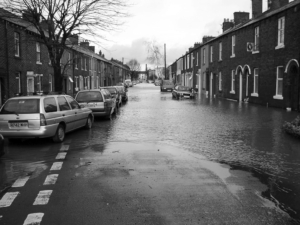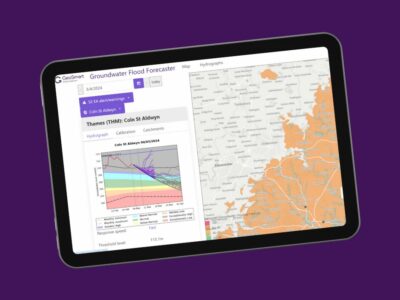What is a Basement Impact Assessment?
If you’re preparing to submit a planning application that includes basement development, you may receive a request from the Local Authority for a ‘basement impact assessment’ (commonly referred to as a ‘BIA’.) It may also be referred to as a ‘Basement Method Statement’ by some Local Authorities.
 Basement development can raise some concerns – there is a potential for development to cause issues with groundwater levels and surface water/sewerage flooding, as well as the possibility of a loss of local environmental features such as gardens, trees and biodiversity.
Basement development can raise some concerns – there is a potential for development to cause issues with groundwater levels and surface water/sewerage flooding, as well as the possibility of a loss of local environmental features such as gardens, trees and biodiversity.
You will need to ensure your proposed basement development is appropriate and that policies have been met where required.
It won’t just be your Local Authority you will need to appease – there are other regulations and policies that should be met, such as Building Regulations, Environmental Health standards and Utility Provider requirements.
So, what is a Basement Impact Assessment?
A BIA should justify your proposed development and consider its potential impacts. The assessment should be specific to the site and its proposed development.
It should be noted that there is no national guidance on how to produce a BIA, so you need to review your Local Authority’s guidance closely. Local Authorities will have their own requirements for the assessment – GeoSmart have worked on a number of basement impact assessments across the country, though London boroughs tend to be the most concerned and stringent when it comes to basements, no doubt due to space restrictions within the city.
What are the stages of a Basement Impact Assessment?
- Though guidance slightly varies, a desktop screening report will most likely need to be produced initially to assess the impacts of the proposed development on surface water and groundwater flow and levels. This process aims to identify potential matters of concern and determine whether a full BIA will be required. Further scoping work should be undertaken on any aspects identified during the screening review, along with recommendations for mitigation measures and further work if required.
- The initial screening report will then need to be followed up with Site investigation and further works if required, as per any recommendations made in the screening report.
- Following the results of any Site investigation undertaken, an impact assessment including the evaluation of direct and indirect implications should be produced.
- The works undertaken should be reviewed by the Local Authority. They will then provide their decision and recommendations on the proposed basement development.
What kind of investigation may have to be carried out to support my Basement Impact Assessment?
Site Investigation will be required to present evidence on your findings. This could include:
- Groundwater monitoring – an analysis of the Site’s ground conditions and groundwater levels, which can change over time
- Trial pits – an excavation of ground in order to study or sample the composition and structure of the subsurface
- Boreholes – a narrow shaft bored in the ground, either vertically or horizontally. These establish the Site’s ground conditions and so that an analysis of the soil type can be undertaken.
Which Councils require a Basement Impact Assessment?
As mentioned earlier, London Boroughs make up much of this list. Research by Newcastle University has showed that Hammersmith and Fulham, Kensington and Chelsea, and Westminster have had the most basement developments on record in London, so it’s likely they will require a BIA to be submitted with your planning application.
Where can I get a Basement Impact Assessment?
GeoSmart can assist you with the initial screening stage required for a BIA – our report contains information on surface water features and uses flood risk data to provide context for the development and associated BIA. We will complete the assessment up to a stage as detailed as possible without a site investigation. We can then recommend a supplier to undertake the site investigation and further works. A Chartered Geologist (C.Geol) and a member of the Chartered Institution of Water and Environmental Management (CIWEM) always validates our BIAs according to the requirements set out in the widely referenced Camden CPG4 guidance.
Contact us today to see how we can help you.



